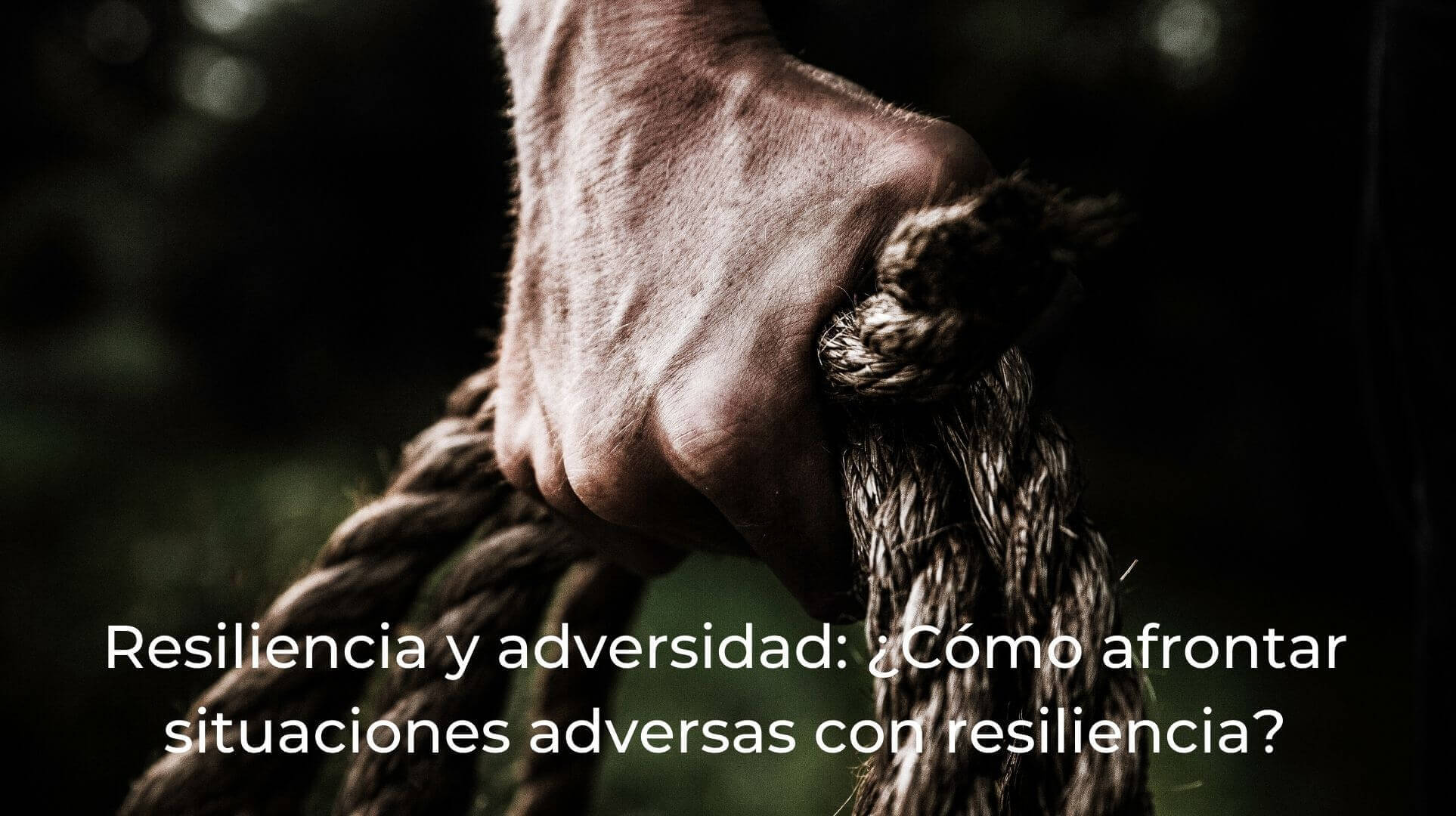We talked about resilience and adversity. On many occasions we have to face very complex situations that can produce emotions of fear, sadness or anger. Today I’d like to reflect with you on resilience. This competence refers to the talent that some people have when facing adverse situations, turning them into opportunities for positive change, highlighting the learning obtained.
What is resilience?
These people have developed resilience in situations of great pressure, which allows them to face them with courage and with an optimistic and practical behavior, adapting without apparent difficulty.
Although at first glance it may sometimes seem heroic or supernatural behavior, resilience is usually also a capacity that can be trained and developed with perseverance.
Resilience helps us learn the useful lesson of each adverse experience of the past and apply it to successfully face the challenges of the future
HOW DO I BUILD MY RESILIENCE?
Exercise to build your resilience
I propose the following exercise:
Think about difficult situations that you have had to face in your life and that you have managed to overcome.
Reflect and write down the following ideas on a piece of paper:
• Introspection: What have been your most outstanding strengths in that situation, on which you have leaned? What have been your limitations or what have you found most difficult?
•Motivation: About those limitations or difficulties, what did you learn in that situation? What would you do differently if you went through that situation again? What would you say to your “past self” in that situation with the information you have now?
Do you know what motivated you at that moment to face and overcome the situation?
How did you feel at the time, and what’s the difference between how you feel now when you think about that situation?
Other Exercises to Build Resilience
Other exercises to build resilience:
• Encourage a Positive Attitude and Self-Confidence: Perseverance is the key to maintaining a positive attitude in the face of any adversity and being aware of our strengths will allow us to overcome any conflict.
• Practice Selective Attention. When faced with difficult situations, it’s important to keep in mind that our lives don’t just revolve around those moments.
Keeping busy with other tasks, such as playing sports, being with family or friends, will help us “forget” the bad times.
• Use humor as a resource. A sense of humor helps us downplay problems.
It’s not about “masking” them, but it does help us realize what is really important.
What other ideas would you like to add about resilience?
What has been helpful in your experience in building resilience?

